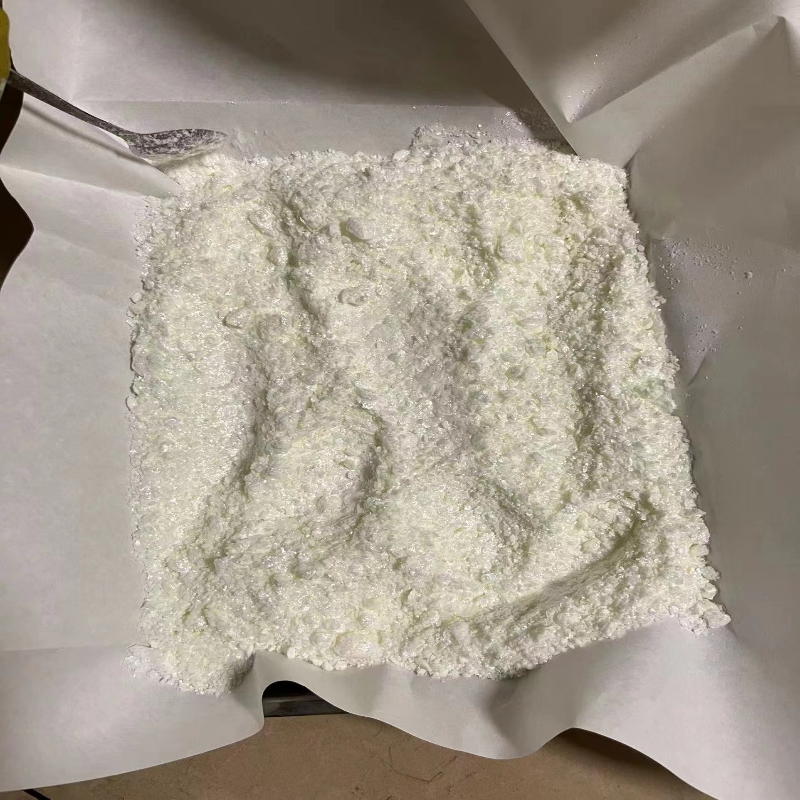-
Categories
-
Pharmaceutical Intermediates
-
Active Pharmaceutical Ingredients
-
Food Additives
- Industrial Coatings
- Agrochemicals
- Dyes and Pigments
- Surfactant
- Flavors and Fragrances
- Chemical Reagents
- Catalyst and Auxiliary
- Natural Products
- Inorganic Chemistry
-
Organic Chemistry
-
Biochemical Engineering
- Analytical Chemistry
-
Cosmetic Ingredient
- Water Treatment Chemical
-
Pharmaceutical Intermediates
Promotion
ECHEMI Mall
Wholesale
Weekly Price
Exhibition
News
-
Trade Service
Petrochemicals in the Middle East are generally facing a trend of abundant supply and weak demand, which is likely to continue through the summer
.
The market was largely affected by low buying sentiment; this was mainly due to excess supply and slowing demand in the summer
.
Hot weather is a typical feature of summer in the Middle East, so summer is often a low season for the market.
Due to tight supply of raw materials, after months of shortages, supply is expected to increase as production slowly recovers
.
In addition, there is hope for a nuclear deal with Iran, so Iranian exports are expected to increase in the coming months
.
A group of base oils in the Middle East showed ample supplies, with supply from Iran expected to increase in the next few weeks
.
Of the base oil producers in the Middle East so far, the second half of this year has seen the fewest known downtimes
.
There were rumors in the market that an Iranian producer would stop production for maintenance, but the news could not be immediately confirmed
.
At the same time, spot availability for Groups 1 and 2 is slowly improving
.
For polymerized methylene diphenyl diisocyanate (PMDI) and toluene diisocyanate (TDI), demand in the Middle East is expected to remain moderate throughout the summer
.
A similar situation is seen for polyether polyols in the region, where demand for polyether polyols remains tepid amid a shortage of ships and increased freight rates from Northeast Asia to the Middle East
.
On the PVC side, trade in the Gulf Cooperation Council (GCC) and the Eastern Mediterranean is limited as there are few offers available
.
Also, the summer infrastructure construction activity slowed down, and buying sentiment was not high
.
Due to weaker demand than in previous years, it is expected that the excess supply of PVC in the Middle East will continue, coupled with the low season, the downstream operating rate will remain at a low level
.
PET in the Middle East bucked the trend
.
GCC's supply of PET to the region is limited because the cargo could have a better net gain in the rest of the Americas
.
However, GCC is importing Asian PET to meet its demand due to stable downstream consumption
.







